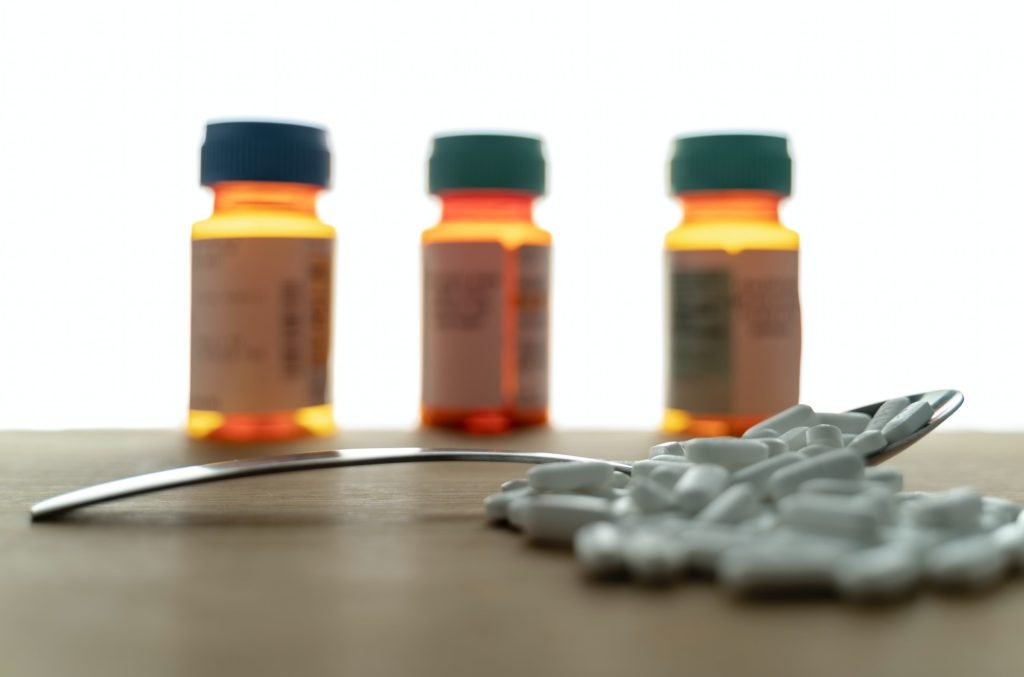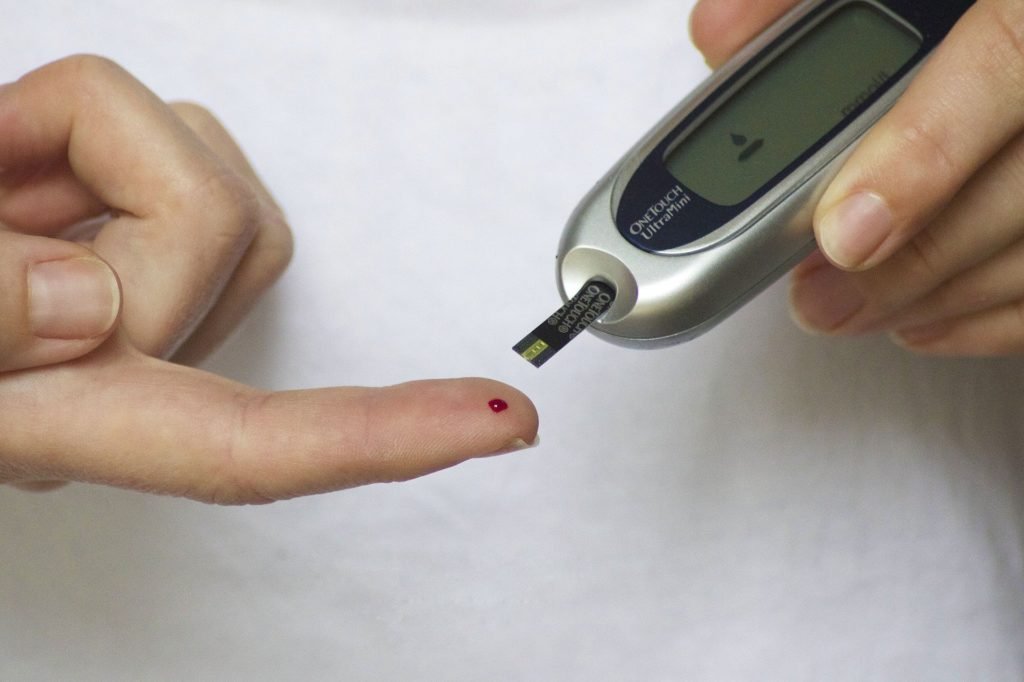Varicose veins are twisted, enlarged veins that can occur anywhere in the body but are common in the legs. They can be painful but are considered harmless. If you have uncomfortable varicose veins causing severe pain, advanced treatments can treat the problem veins with minimum discomfort. A Tinley Park, IL general surgeon can perform these treatment options to eliminate the varicose veins. Here is everything you need to know about varicose veins.
How Are Varicose Veins Diagnosed?
Your doctor will examine visible veins on your legs while you are standing or sitting to come up with a diagnosis. Your doctor can ask you about any pain or symptoms you are experiencing. They may also do an ultrasound to check your blood flow through the veins. This is a non-surgical test that uses frequency sound waves.
Depending on the location of your varicose veins, a venogram can be done to assess the veins. A special dye is injected into your legs during this test, and your doctor takes X-rays of the area. The dye appears on the X-rays giving your doctor a clear view of blood flow in the legs. These two tests are used to ensure that other disorders like blockage and blood clots are not causing pain and swelling in your legs.
Causes of Varicose Veins
The leading cause of varicose veins is increased blood pressure in the veins. Varicose veins affect the veins under the surface of the skin. Blood flows towards the heart by one-way valves in the veins. If the valves are damaged or weakened, blood pools in the veins causing them to enlarge. Standing or sitting for a long time can cause blood to collect in veins in the legs, increasing the pressure in the veins. This can cause the veins to stretch, weaken the walls of the veins and damage the valves.
Each individual can experience varicose symptoms differently. The common symptoms include:
· Rash
· Sores on the legs
· Sensations in the legs
· Color changes in the skin
Serious varicose veins can produce long-term swelling that can lead to more severe skin problems. They include non-healing sores and ulcers.
Prevention of Varicose Veins
Genetics can play a significant role in your risk of varicose veins, but there are things you can do to prevent them.
· Maintaining a healthy weight. If you are obese or overweight, ensure you lose weight. A healthy weight prevents excess pressure on the veins on the legs.
· Exercise regularly. Keeping fit is one of the best ways to keep your leg muscles strong, your weight under control, and your blood flowing.
· Avoid wearing tight clothes. Tight clothing restricts blood flow in your waist and legs.
· Move around. Avoid standing and sitting too long to encourage blood flow. Stretch your legs as many times as possible to increase blood circulation and prevent pressure buildup.
Varicose veins can be frustrating, but you don’t have to deal with them alone. Many people live with them and don’t experience any complications. But if they bother you, you can also try home treatments that can help or seek further treatment from your healthcare provider. At vascular specialists, we have vascular surgeons that can deliver the most advanced treatment options for varicose veins. Contact them and book an appointment today.


